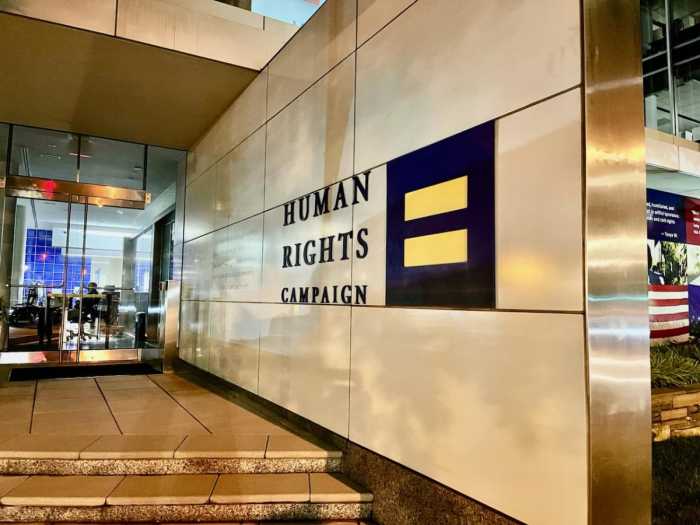Members of both houses of Congress reintroduced legislation Dec. 6 intended to protect LGBTQ-owned businesses from discriminatory lending practices.
The LGBTQI+ Business Equal Credit Enforcement & Investment Act would direct financial institutions to collect data on the state of LGBTQ+-owned businesses’ access to credit and capital.
The legislation stipulates that the Dodd-Frank Wall Street Reform and Consumer Protection Act must require financial institutions to collect the self-reported sexual orientation and gender identity of the principal owners of small businesses. It would update the Equal Credit Opportunity Act — which calls for banks to gather data on credit applications by minority- and women-owned small businesses — to include LGBTQ-owned small businesses.
The effort comes two years after the House approved the nearly identical LGBTQ Business Equal Credit Enforcement and Investment Act. It was reintroduced last year. The legislative proposal is hailed by lawmakers as a step forward for transparency, though it stands little chance of becoming law under the GOP-controlled House and anti-LGBTQ Speaker Mike Johnson.
The legislation is carried in the upper house by Senators Kirsten Gillibrand of New York and Alex Padilla of California. Out gay Congressmember Ritchie Torres is leading the bill in the House of Representatives, where there are dozens of cosponsors.
“Despite massive strides in LGBTQI+ rights over the past few years, the community continues to face discrimination,” Gillibrand said in a written statement. “The LGBTQI Business Equal Credit Enforcement and Investment Act will help promote fair lending requirements and make sure that LGBTQI business owners have the same rights and access to capital as everyone else. I’m proud to be reintroducing it today and look forward to getting it passed.”
Torres, who has spearheaded the legislation dating back to his first year in office, highlighted the importance of the bill by pointing to data from the Williams Institute indicating that more than 7.7 million LGBTQI+ adults live in states lacking sufficient protections on the basis of sexual orientation or gender identity.
“This legislation builds on a foundation laid by several statutes and regulations,” Torres said in a written statement. “It would make credit more accessible, credit laws more enforceable, and creditors more accountable. It would represent a triumph of transparency in the service of economic opportunity for all, regardless of who you are and whom you love.”
Padilla also voiced support for the proposal as he highlighted the need for protections in the face of anti-LGBTQ legislation and a rise in hate crimes.
“LGBTQ+-owned small businesses are a cornerstone of local economies, and they deserve equitable resources to help them grow and thrive,” he said.
The legislation is widely supported by organizations across the LGBTQ community, including the Ali Forney Center, Destination Tomorrow, New Pride Agenda, SAGE, and the Human Rights Campaign, among others.






























